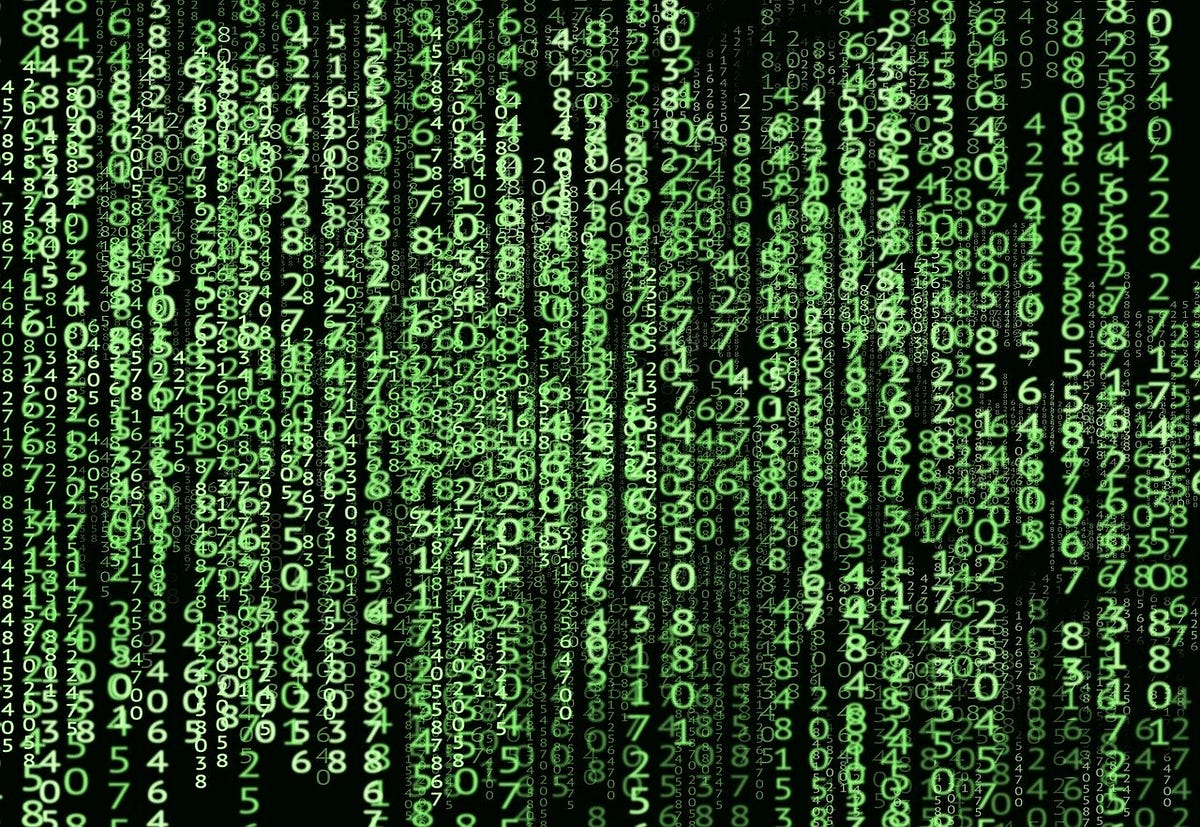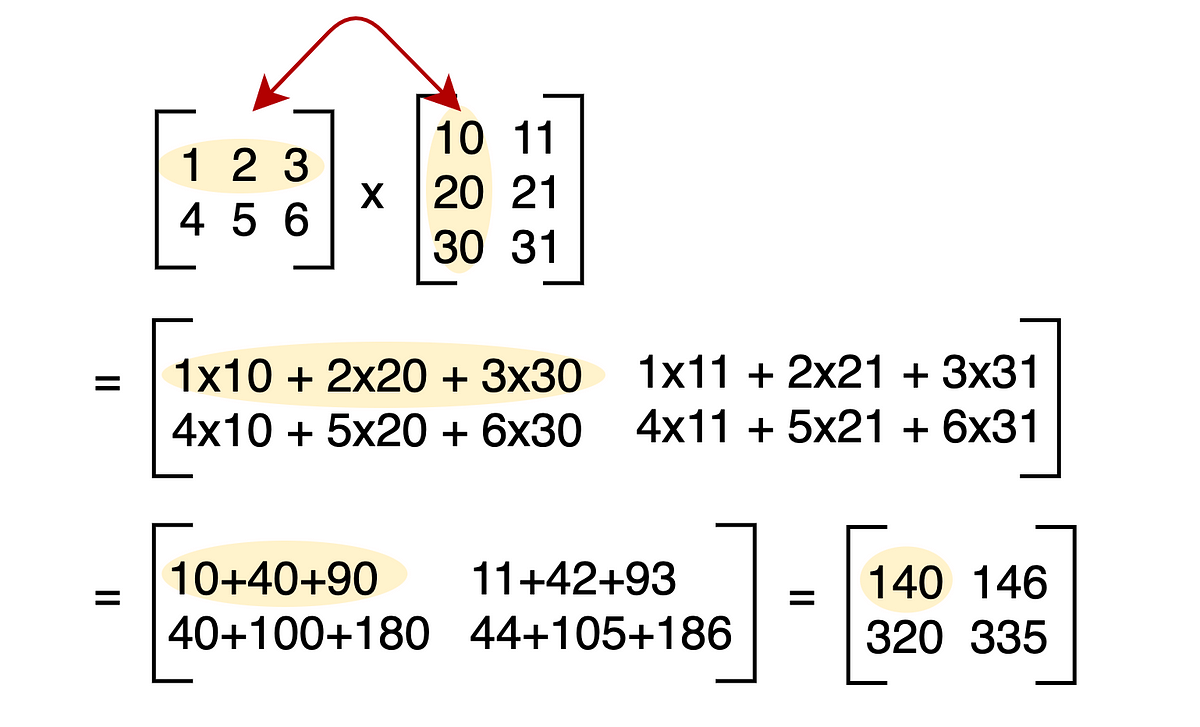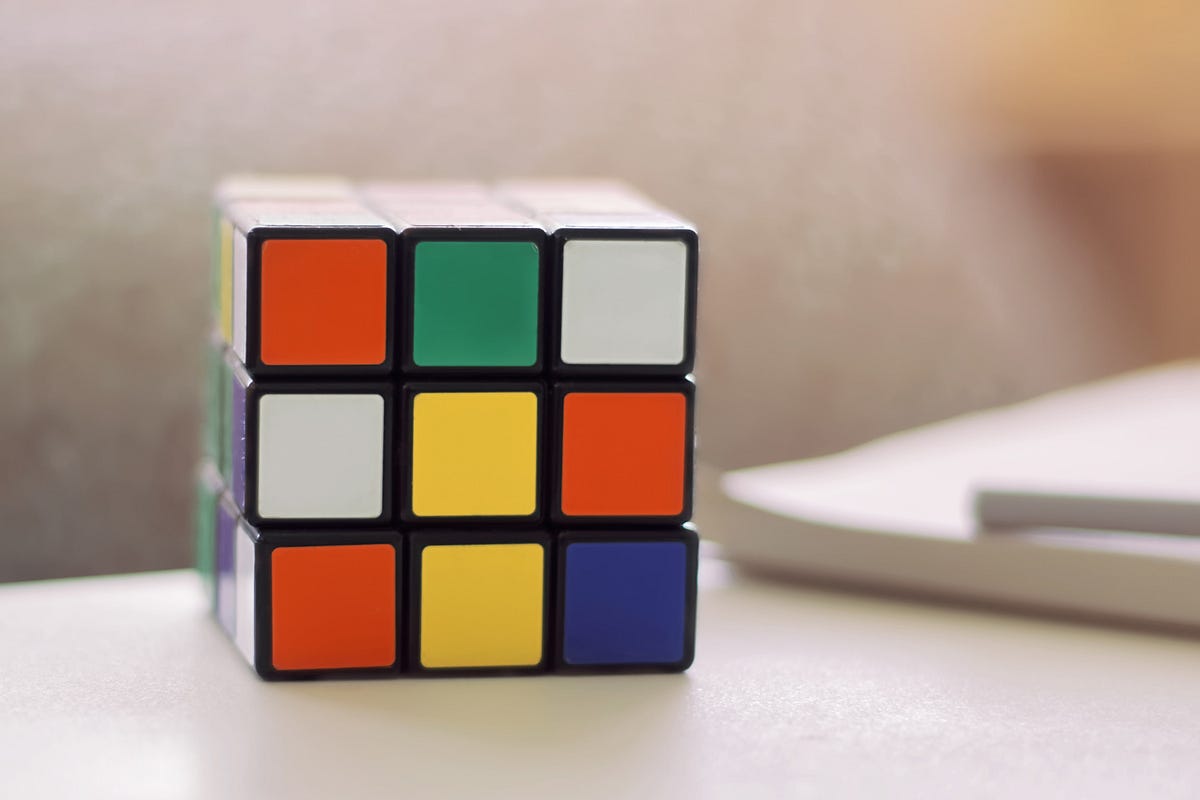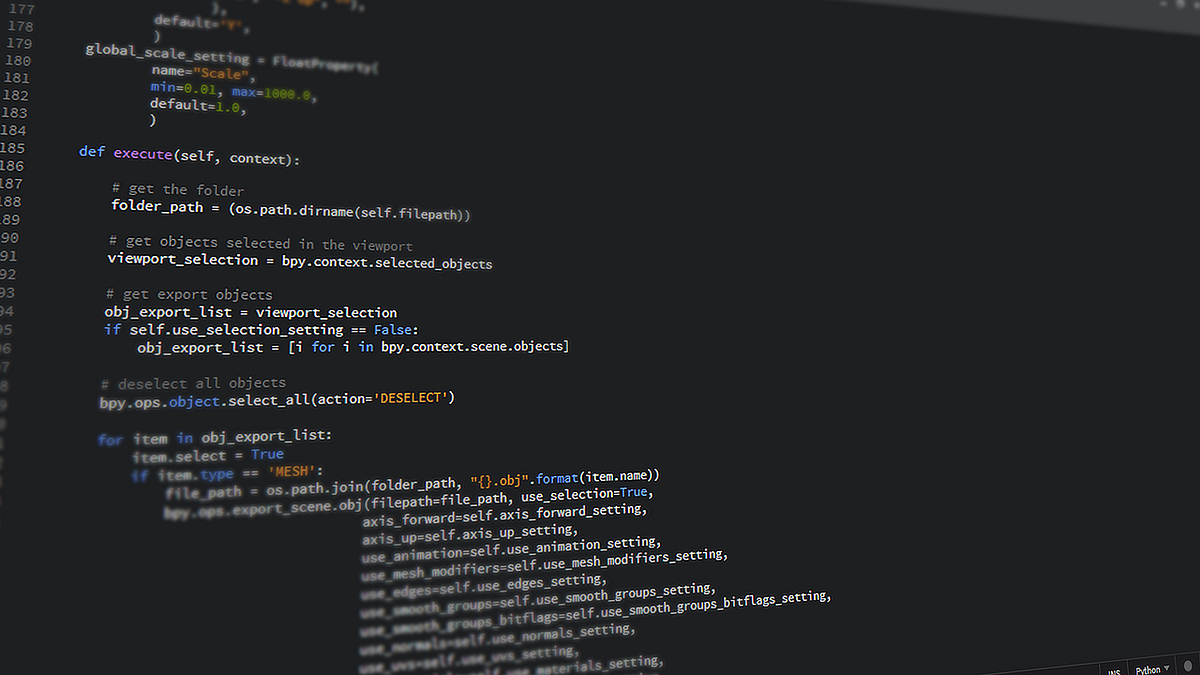numpy

Understanding how convolutional neural networks (CNNs) operate is essential in deep learning. However, implementing these networks, especially convolutions and gradient calculations, can be challenging. Many popular frameworks like TensorFlow and PyTorch exist, but their complex codebases make it difficult for newcomers to grasp the inner workings. Meet neograd, a newly released deep learning framework developed from scratch using Python and NumPy. This framework aims to simplify the understanding of core concepts in deep learning, such as automatic differentiation, by providing a more intuitive and readable codebase. It addresses the complexity barrier often associated with existing frameworks, making it easier for

3 Python libraries for scientific computation you should know as a data professional.
Sourced from O'Reilly ebook of the same name.
How to stack your array horizontally and vertically, find unique values, split your array and some more tips to use Numpy effectively.
A bug that plagues thousands of open-source ML projects.

NumPy forms the basis of many Python libraries in the data science domain.

Using q-learning for sequential decision making and therefore learning to play a simple game.

Learn matrix multiplication for machine learning by following along with Python examples

NumPy is the universal standard for working with Numerical data in Python. Multidimensional NumPy arrays are extensively used in Pandas…

Make your day to day life easier by using these functions in your analysis

